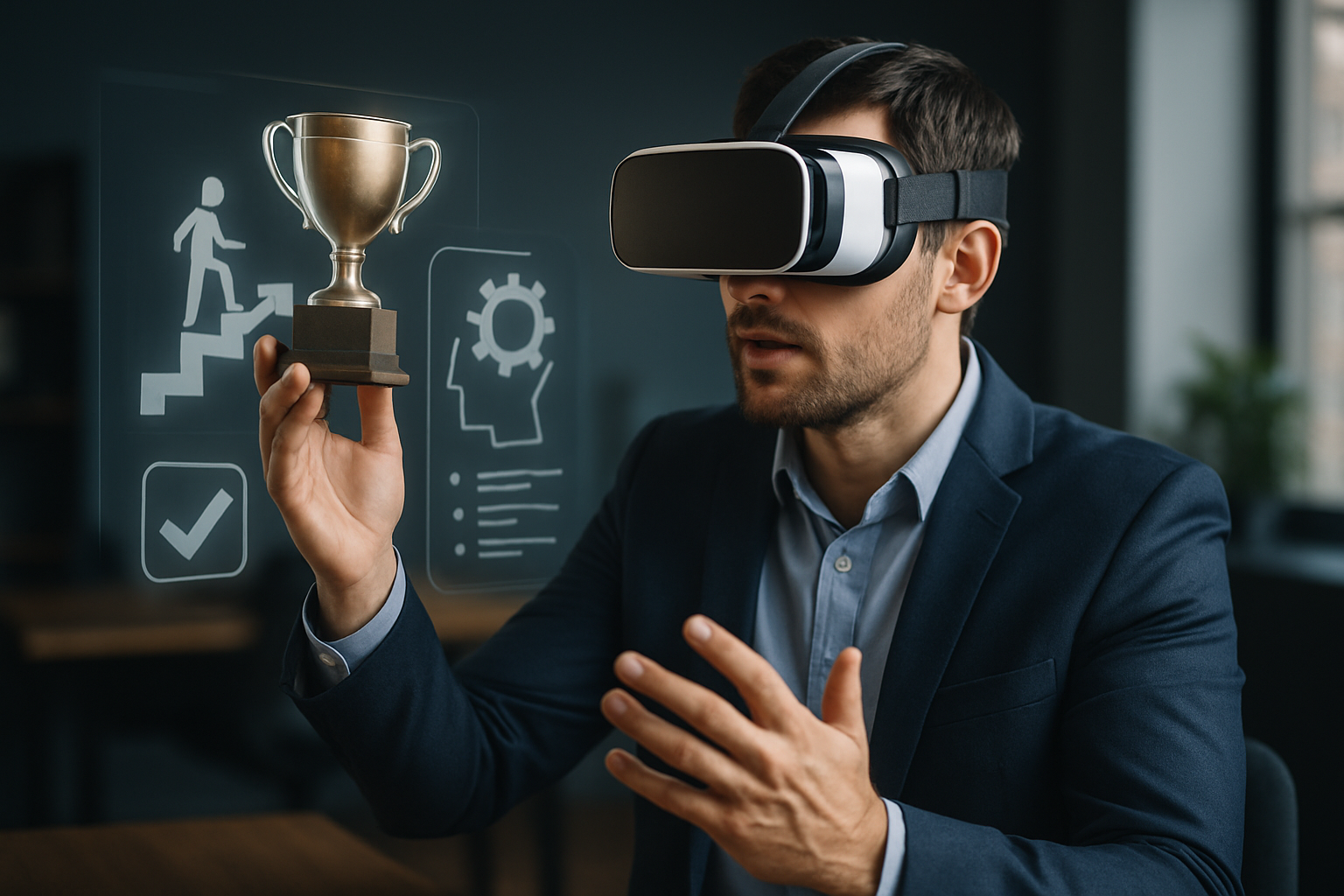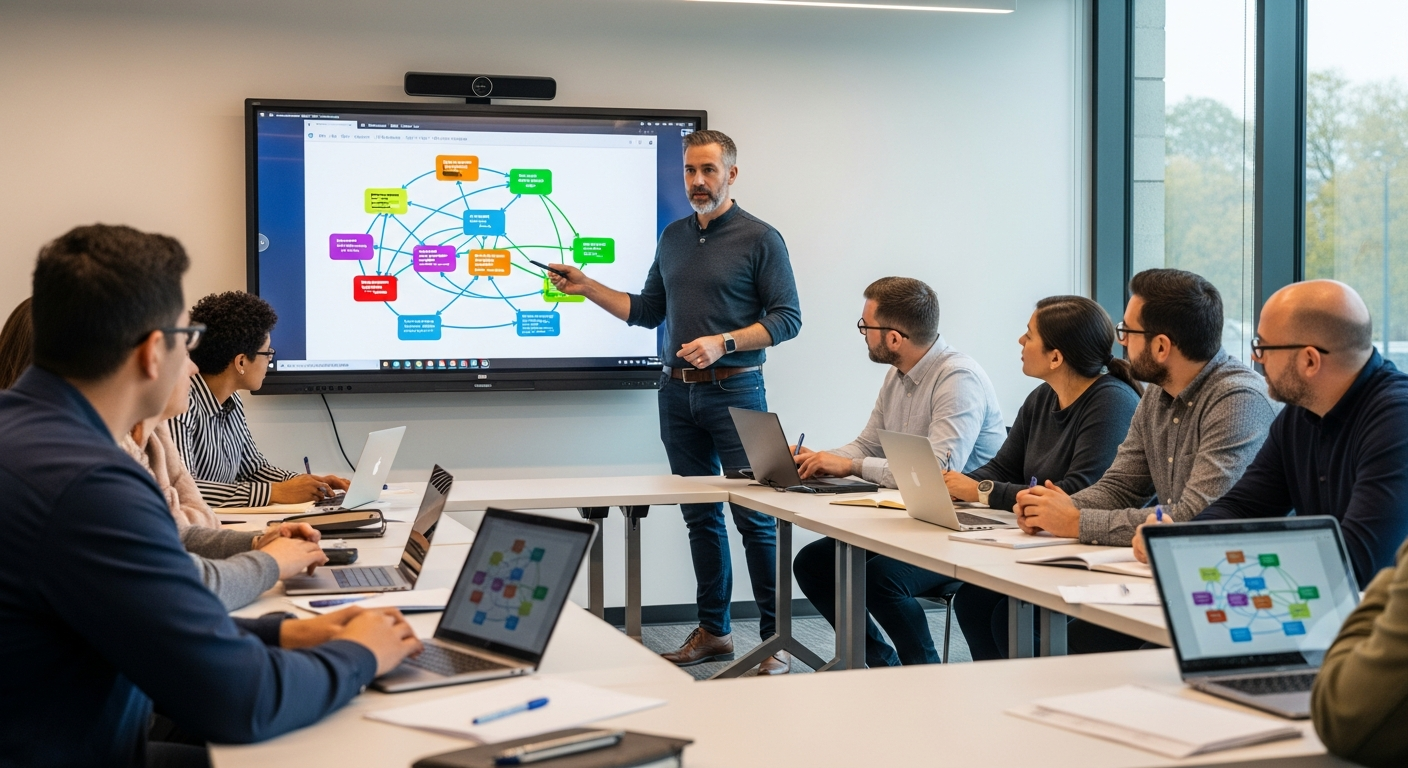Gamification: Revolutionizing Career Development and Job Training
In today's rapidly evolving job market, traditional approaches to career development and job training are being transformed by an innovative strategy: gamification. This cutting-edge method is reshaping how individuals acquire skills, engage with professional growth, and prepare for the challenges of modern workplaces.

The Origins of Gamification in Professional Settings
The concept of gamification traces its roots to the early 2000s, when researchers and industry experts began exploring how game mechanics could be applied to non-entertainment contexts. Initially adopted in marketing and customer engagement, gamification quickly found its way into education and corporate training.
In the realm of career development, gamification started gaining traction around 2010, as companies recognized the potential of game-like elements to enhance employee motivation and skill acquisition. Early adopters implemented simple point systems and leaderboards to encourage participation in training programs. As technology advanced, more sophisticated gamification strategies emerged, incorporating virtual reality, augmented reality, and AI-driven personalization.
The Psychology Behind Gamified Career Development
At the heart of gamification’s effectiveness in career development lies its ability to tap into fundamental human psychological needs and motivations. By incorporating elements such as challenges, rewards, and social interaction, gamified systems activate the brain’s reward centers, releasing dopamine and creating a sense of accomplishment.
This psychological engagement leads to increased intrinsic motivation, where individuals become driven by personal interest and enjoyment rather than external pressures. In the context of career development, this translates to professionals who are more invested in their growth, actively seeking out learning opportunities, and persistently working towards their goals.
Moreover, gamification leverages the power of immediate feedback and visible progress tracking. This constant reinforcement helps individuals build confidence, maintain momentum, and develop a growth mindset essential for long-term career success.
Innovative Applications in Job Training
Gamification is revolutionizing job training across various industries, offering immersive and effective alternatives to traditional methods. One notable application is in the field of technical skills development, where gamified coding challenges and cybersecurity simulations provide hands-on experience in a low-risk environment.
For instance, some tech companies have created elaborate virtual worlds where employees can practice coding, debugging, and system design. These environments mimic real-world scenarios, allowing professionals to hone their skills while enjoying a game-like experience. The competitive elements, such as timed challenges and peer rankings, add an extra layer of engagement and motivation.
In the healthcare sector, gamified simulations are being used to train medical professionals in complex procedures and decision-making. Virtual patients and augmented reality overlays enable doctors and nurses to practice diagnoses and treatments without risking patient safety. This approach not only enhances skill development but also builds confidence and reduces stress in high-pressure situations.
Gamification in Soft Skills and Leadership Development
While technical skills are crucial, the modern job market increasingly values soft skills and leadership abilities. Gamification is proving to be an effective tool in developing these less tangible competencies.
Role-playing games and interactive scenarios are being employed to improve communication, teamwork, and conflict resolution skills. These gamified experiences place participants in various workplace situations, challenging them to navigate complex interpersonal dynamics and make decisions under pressure.
Leadership development programs are also benefiting from gamification. Virtual leadership simulations allow aspiring managers to practice decision-making, strategic thinking, and team management in a risk-free environment. These games often incorporate elements of resource management, team building, and crisis handling, providing a comprehensive leadership training experience.
Measuring Success: The Impact of Gamification on Career Outcomes
As gamification in career development gains momentum, researchers and organizations are keen to measure its impact on professional outcomes. Early studies show promising results, with gamified approaches leading to higher engagement rates, improved knowledge retention, and accelerated skill acquisition compared to traditional methods.
One study conducted across multiple industries found that employees who participated in gamified training programs showed a 40% increase in skill proficiency compared to those who underwent conventional training. Additionally, these employees reported higher job satisfaction and were more likely to apply their new skills in their daily work.
Another significant benefit of gamification is its ability to provide rich data on employee performance and learning patterns. This data can be leveraged to personalize career development paths, identify skill gaps, and inform strategic workforce planning decisions.
Challenges and Future Directions
While gamification offers immense potential in career development and job training, it is not without challenges. Designing effective gamified experiences requires a delicate balance between entertainment and educational value. There’s also the risk of overemphasis on extrinsic rewards, which could potentially undermine intrinsic motivation in the long run.
Privacy concerns and the ethical use of data collected through gamified systems are other important considerations that organizations must address. As these systems become more sophisticated, ensuring transparency and user consent will be crucial.
Looking ahead, the future of gamification in career development seems bright. Advancements in AI and machine learning promise even more personalized and adaptive gamified experiences. We may see the emergence of comprehensive career development ecosystems that seamlessly integrate gamified learning, performance tracking, and career planning.
As the job market continues to evolve at a rapid pace, gamification stands out as a powerful strategy for equipping professionals with the skills and mindset needed to thrive. By making career development and job training more engaging, effective, and enjoyable, gamification is not just changing how we learn—it’s reshaping the very landscape of professional growth and success.






